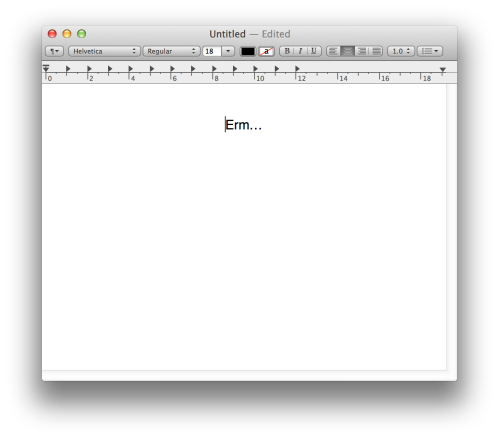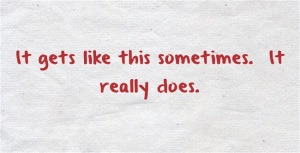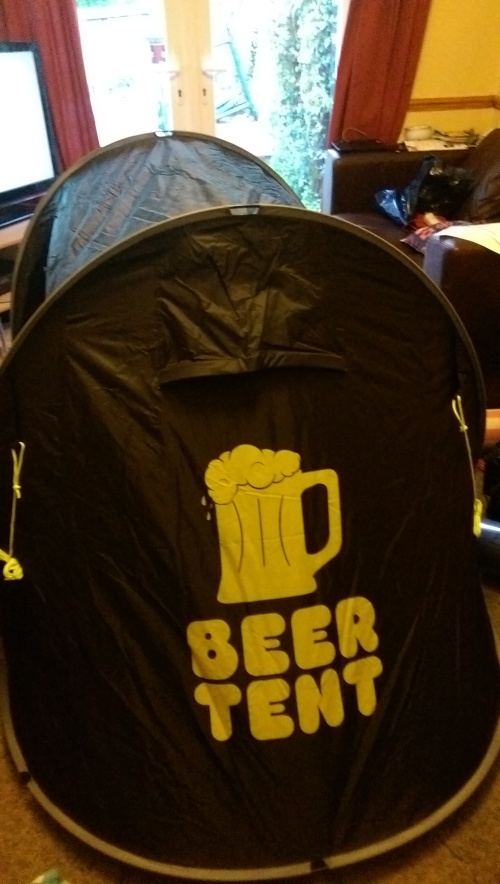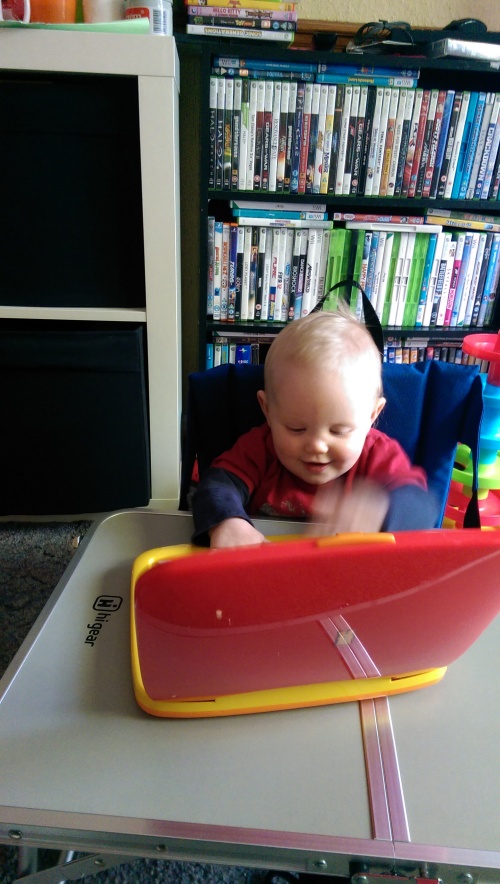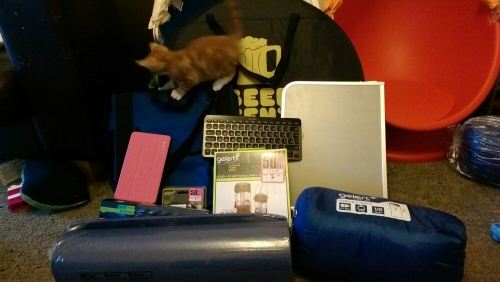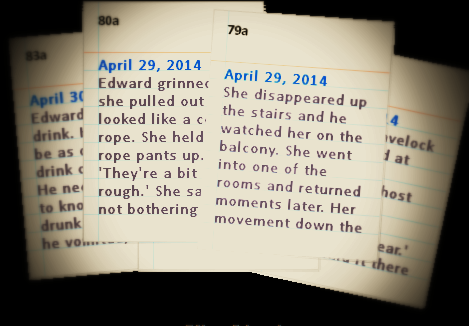
Hello, first draft!
When the wonderful Michelle from The American Resident asked if anyone would like to answer some questions about writing, I jumped at the chance. There’s one thing you can always guarantee about a writer: they LOVE to talk about writing. This is because it feels like we’re working on our writing while we’re doing it. So, having been passed a very exciting and prestigious baton, I’ll tell you what’s been going on.
What am I working on?
Actually, there are two projects on the go right now and both are taking me out of my comfort zone.
The first is the remnants of the most recent Camp NaNoWriMo in April and is a twisted fantasy where I’ve been making up the rules as I go along.
Writing fantasy is hard.
I’ll say it again: writing fantasy is hard.
The most challenging thing I’m finding is remembering the new rules of physics and making the novel clever enough to return to previous storylines. I’m finding the twists more difficult in fantasy because there is an expectation that nothing is as it seems. It is entirely possible that my first draft is more poop than your average first draft and all first drafts are poop. However; it’s most of the way to the end and the rest is plotted out so some may suggest the hard work is done.
We all know that writing the damn thing is just the beginning of the hard work.
The second project is a piece of non-fiction which I’m procrastinating about writing. It’s a research project that I have “accidentally” been doing for years and it’s time I put my data to good use. I love to study people and I’m fascinated by the Internet and our interaction with it. I’ve written fiction about it a few times and I’ve decided that now it’s time to take what I know and what I’ve found and all the other things that are flying around in my head and dump on the page to see what happens. It might work. It might not. You don’t know until you try.
How does my work/writing differ from others of its genre?
I’m not certain that differing is always a good thing. People like familiarity.
In short, my work differs because it is mine and no one else’s. I write about very personal memories and try to bring in a real depth to my characters. I also think this is a trait shared by all writers.
The fantasy I’ve written is accidentally similar to Pratchett. I think that’s more because his books hold the standard for fantasy and I’ve just followed the cut and stick guidelines for standard fantasy writing.
Why do I write what I do?
I write because I love the challenge. I like to try different genres and styles because I like to push my abilities and see where my boundaries lie. Bits of the non-fiction book are going to be written as you would write an academic paper because I want to try it, although I realise this style is heavy to read. (The research requires me to read a lot of academic papers on the subject so I know how much of a headache that can be. Maybe it’s time we stopped the world of academia churning out heavy papers and gave them a standard that they could share with the rest of the world? No one said research results have to be difficult to understand unless you’re privvy to the ways of Higher Education.)
I write what I do because I get images in my head. I get snippets of dialogue and faces and actions. Then I sit and write and get more and more things about my darlings until they’re there, on the page, fleshed out with personalities I had never even considered for them. It’s quite fascinating how it all comes together.
How does my writing process work?
I start with a vague idea. I generally have five or six of these brewing at any one time. Sometimes I do a brainstorm of things I might like to happen. This process starts way before I even think about the first words. I have a journal that I keep, not regularly, but I like to write my thoughts in there and sometimes, these thoughts include ideas for the story. I also keep a lot of notes on my phone.
When the big day hits, I begin and try to keep up a steady pace. This never happens and I end up binge-writing — writing nothing for two or three days then writing 4000 or 5000 words in an evening.
I usually prepare a playlist of songs that bring on the most visual imagery relating to the story for me. This becomes my music for the writing phase.
The plan after that is to go with the flow. Stick to the basic outline but don’t worry too much if it meanders. I have stories where I’ve written things in and out of chapters and left loose ends dangling. The most important thing for me is to get those words down, get the scenes out of my head and let the characters reveal themselves. Once they’re out there and I’m beginning to know them it makes writing their stories much easier.
Non-fiction writing seems to consist, so far, of research. I’m reading a lot of blogs and papers and having a lot of discussions with friends about the subject. Nothing is set in stone yet, although I have the odd question I have jotted down to try to answer. I should imagine my best ideas are coming out in (quite ironically, given the subject matter) chat sessions online. We shall see. It’s all in its very early stages and a very new adventure.
If you’ve enjoyed this, please go and look at Michelle’s blog. I know Michelle through our online writing group and our trusted feedback group. She is a valuable member to both and an extremely talented writer. Her experiences as an expat add a broad and deep insight to her writing.
Sadly, I haven’t been able to get people to agree to continue this trend, which is a shame, because it’s a lovely bloghop to do and a great opportunity to think about what we’re writing and why we’re writing it. If you’d like to know more about the people in our feedback group and how fabulous they are, read this.

